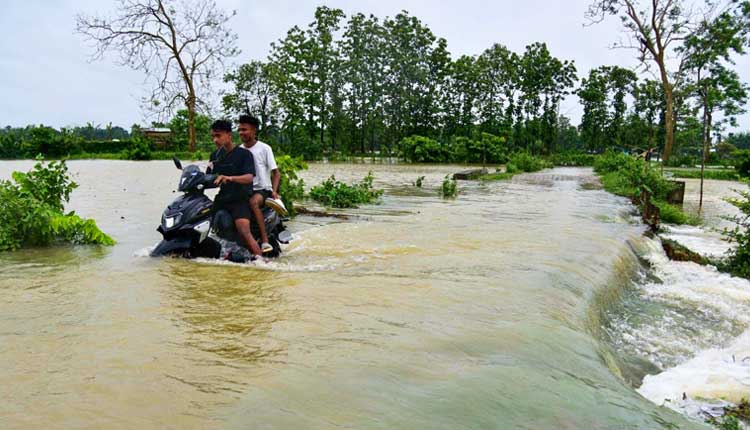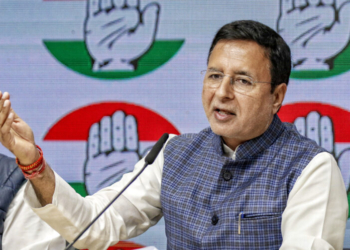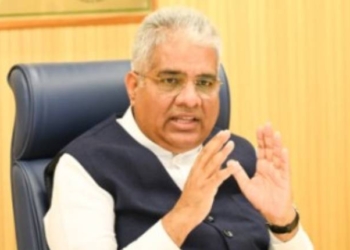New Delhi: Climate and environmental concerns top the list of challenges Indian respondents see for their country, according to the latest yearly climate survey conducted by the European Investment Bank (EIB).
Ninety per cent of Indian respondents have confidence in the government’s ability to deliver a fair climate transition that also tackles inequalities.
Two-thirds of Indians surveyed believe that the climate transition will improve the quality of their daily lives, food and health, and create more jobs for the country.
Most respondents from the European Union, US and Japan believe their countries should provide financial compensation to affected nations for climate change.
These are some of the results from the latest yearly climate survey, conducted in August 2023 and published on Wednesday.
The EIB is the lending arm of the European Union and the world’s largest multilateral lender for climate action projects.
Since 1993, it has been partnering with India, supporting the country’s green ambitions by investing in sustainable urban transport and renewable energy.
Recent years in India have been marked not only by record heatwaves and droughts but also more recently by disastrous landslides and flash floods.
In 2022, the New Delhi-based Centre for Science and Environment compiled a list of extreme weather events in the country.
According to this report, India experienced at least one extreme weather event in 314 out of 365 days.
The UN Intergovernmental Panel on Climate Change (IPCC) has also published a report for 2022 which paints a worrying picture of the climate situation in India.
India is one of the global hotspots identified in the report in terms of geographical and socioeconomic vulnerabilities.
States like Assam, Andhra Pradesh, Maharashtra, Karnataka and Bihar are the most vulnerable to climate hazards such as floods, droughts and cyclones.
Against this backdrop, Indians have become acutely aware of the profound impact of climate change on their daily lives and the urgent need for action.
Hence, climate change and environmental issues are now considered the number one challenge for Indians (56 per cent of respondents place it in the top three concerns for their country).
This is a striking insight as — out of the 35 countries covered by the survey — India is one of only five countries to place climate and environment as the very top challenge (with China, South Korea, Denmark and Slovenia being the other four).
Meanwhile, most respondents in all other countries in the European Union, together with the US, Japan, Canada and the UAE consider it to be the second most significant issue facing their country after the increased cost of living.
With economic disparities ranked as the fourth most significant major challenge for the country by respondents, most Indians are calling for fair policies to address the climate emergency.
Fifty-nine per cent (close to China, the US and Japan but nine points below the European Union) say the transition to a low-carbon economy can only happen if inequalities are addressed at the same time.
Additionally, 88 per cent of Indian respondents say they are confident in the government’s ability to adopt climate change policies that reduce greenhouse gas emissions and address social inequalities at the same time.
This is similar to China but far above the US (where only 57 per cent are confident), Japan (40 per cent) and the EU average (38 per cent).
Moreover, Indians are particularly confident about the outcome of climate policies.
Sixty-five per cent of respondents (a figure close to that of the US and China and to the EU average but 18 points above Japan) believe that climate policies will improve the quality of their daily lives.
Sixty-three per cent also think that the policies will create more jobs than they will eliminate (seven points below China but six points above the US, 12 points above the EU average and 14 points above Japan).
(IANS)
















